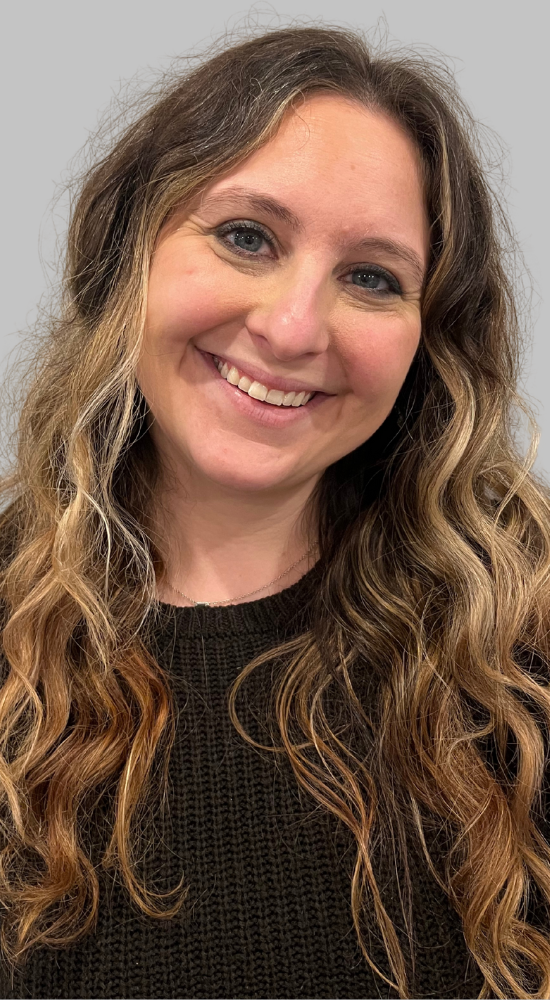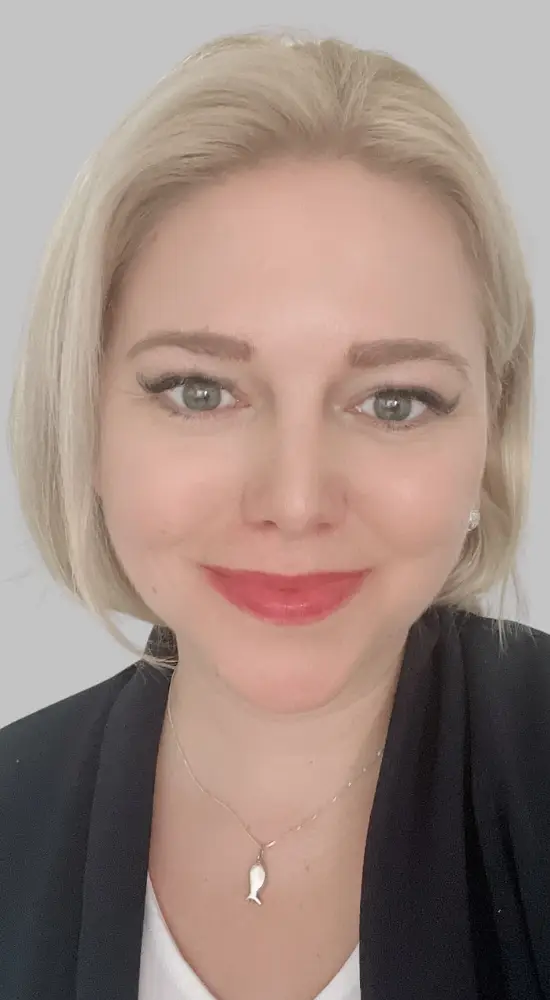Depression Therapy in North York
What is depression?
Depression is more than just being sad. It is a medical and mental condition that impacts how you feel, think, sleep, and function. It can appear all at once or gradually over time. If symptoms last for two weeks or more, you may be depressed.
Some common signs are:
- Persistent low mood, emptiness, or hopelessness
- Not being interested in or enjoying things you used to like
- Feeling tired or low on energy, even after resting
- Changes in sleep, like not being able to sleep or sleeping too much
- Changes in weight or appetite
- Problems with focusing, making decisions, or thinking slowly
- Being irritable, restless, or “on edge”
- Feeling worthless or too guilty
- Pain, headaches, and stomach problems that don’t have a clear cause
- Thoughts about death or killing yourself
Please call 911 or go to your nearest emergency room if you are in danger or thinking about hurting yourself. You can also call Talk Suicide Canada at 1-833-456-4566 (24/7) or text 45645 between 4 p.m. and midnight ET.
Depression changes how you live your life:
Relationships: Being withdrawn or irritable can put a strain on family, friends, and partners.
At work or school, you may have less motivation, focus, and productivity, and you may take more sick days.
Quality of life: less happiness, more loneliness, and a feeling of being “stuck.”
The good news is that depression can be treated.
You don’t have to do this by yourself. Most people get a lot better with the right therapy and support, and many of them fully recover. We’ll help you get clear, learn new skills, and build momentum toward the life you want.



































